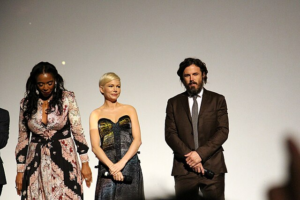As time goes on, new generations emerge with different perspectives and ways of thinking. One such generation is Gen Z, born between 1997 and 2012. This generation has grown up in a world with social media and instant access to information, which has had a significant impact on their views and beliefs. In this article, we will explore the differences in thinking between Gen Z and older generations.
Firstly, Gen Z is known for their progressive views on social issues such as climate change, racial and gender equality, and LGBTQ+ rights. They are more likely to support social justice movements and believe in the importance of taking action to create a better future. Older generations, on the other hand, may have more traditional views on these issues and may be more resistant to change.
Secondly, Gen Z tends to have a more entrepreneurial and innovative mindset. They have grown up in a time where technology and innovation have thrived, and they are more likely to pursue careers in technology, startups, and creative industries. Older generations may have more traditional views on career paths and may be more risk-averse.

Thirdly, Gen Z places a high value on authenticity and transparency. They are more likely to trust companies and individuals who are open and honest about their values and practices. This is in contrast to older generations who may have a more cynical view of institutions and may be more skeptical of corporate messaging.
Finally, Gen Z is more likely to prioritize work-life balance and mental health. They value personal time and experiences over material possessions, and are more likely to prioritize their own well-being over traditional career paths. Older generations may have a more work-centric mindset and may view self-care as a luxury.
Overall, the differences in thinking between Gen Z and older generations reflect the ever-evolving nature of our society. While these differences may lead to conflict and misunderstandings at times, they also provide an opportunity for growth and progress. By understanding and appreciating the perspectives of different generations, we can work together to create a more inclusive and equitable future.








